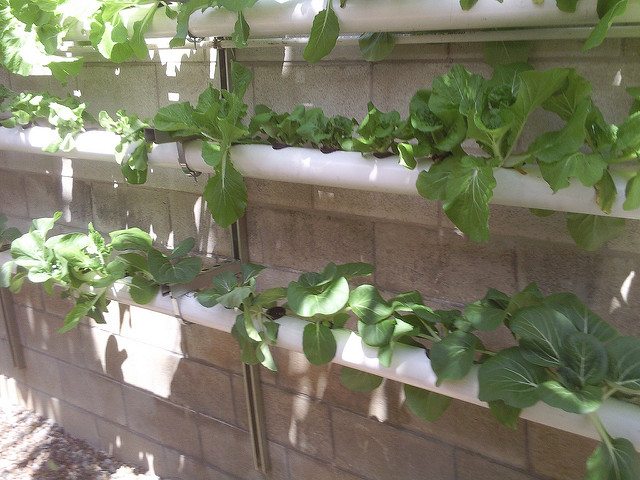
WFP brings MIT-developed ‘food computer’ technology to Jordan
If you walked onto the grounds of the World Food Programme’s (WFP) country office in Amman last week, you would have been met with a team of innovators from the Massachusetts Institute of Technology (MIT).
You would have also been struck by a vibrant energy surrounding the young technicians, purposefully moving around WFP’s outdoor meeting rooms to put together what looks like a machine that came out of a Sci-Fi movie.
Caleb Harper, director of the MIT Media Lab Open Agriculture, has created a computer that grows food using the hydroponic cultivation technique.
In a recent TED Talk, Harper explains how farmers are “slaves to climate”. Instead, he proposes a future scenario in which each country could have its own productive climate to grow nutritious produce anywhere in the world, even out of season.
Project Manager at WFP’s Innovation Accelerator, Federico Naccarato, recalls the beginning of their collaboration with MIT: “Since the moment we started the conversations with MIT on the Food Computer technology, we saw the potential of testing it in a humanitarian crisis context.”
According to Naccarato, the aim of this collaboration between the WFP and MIT is to find the perfect way of growing crops in Jordan’s climate, therefore enabling both Jordanian farmers and Syrian refugees to grow crops that would normally be impossible.
Read the full article by Lara Darwazah via The Jordan Times.
[Photo by Kanu Hawaii | Flickr]







